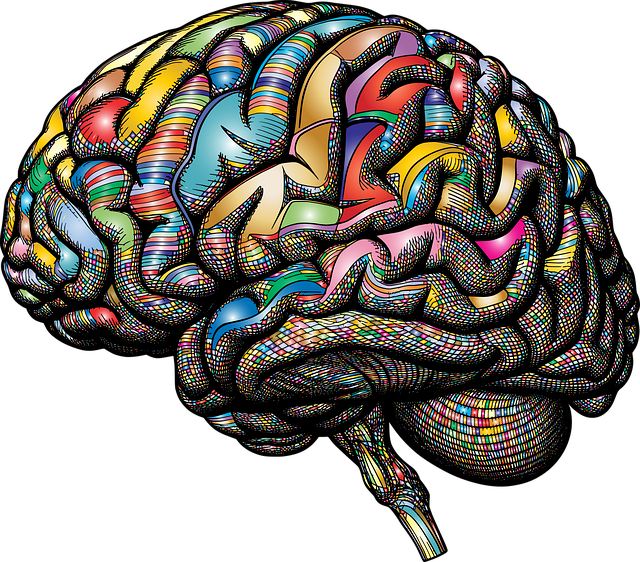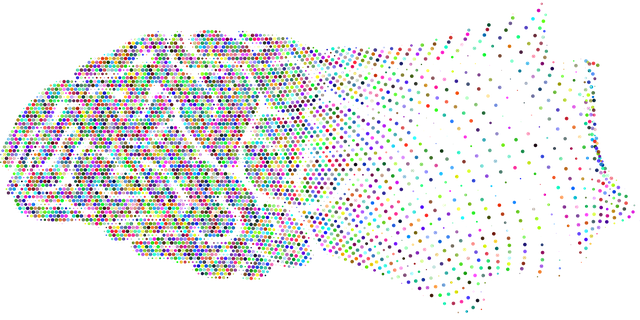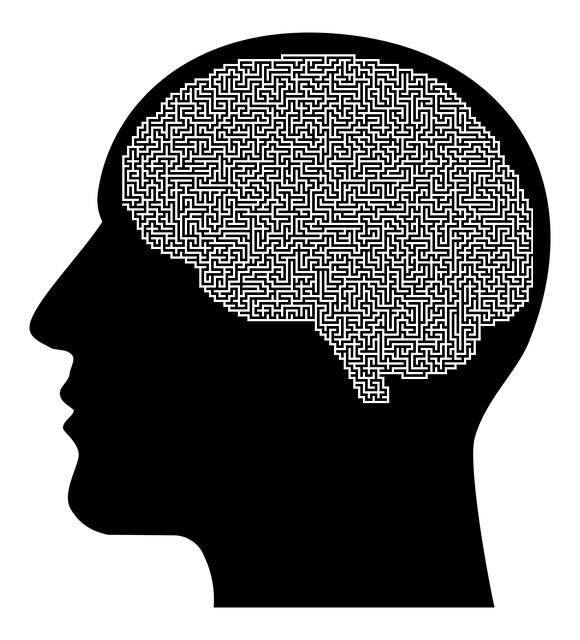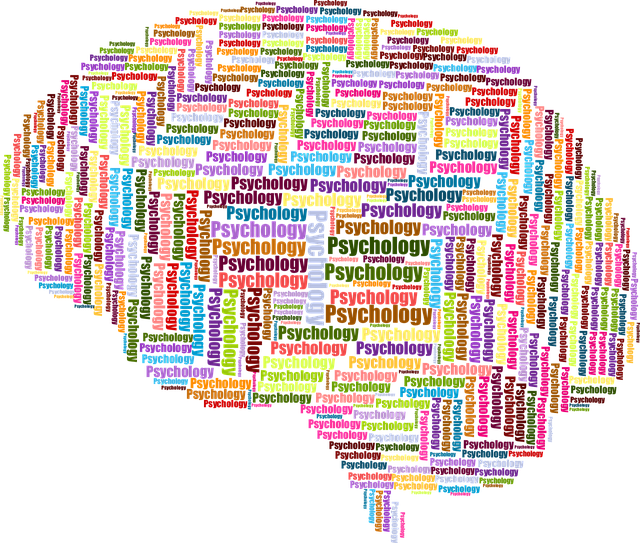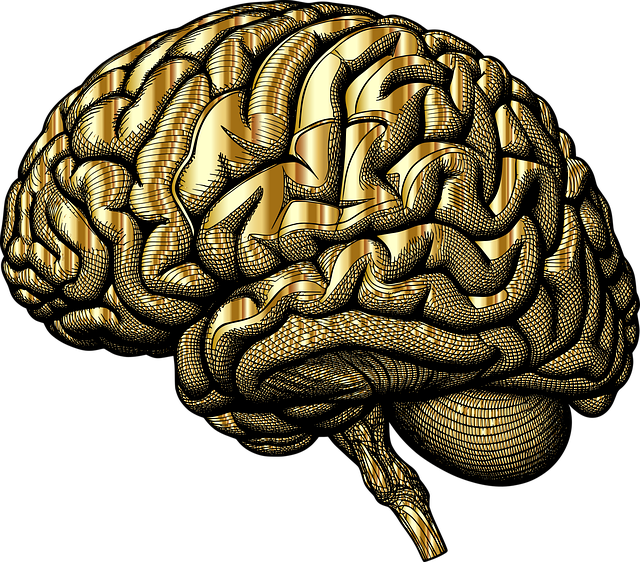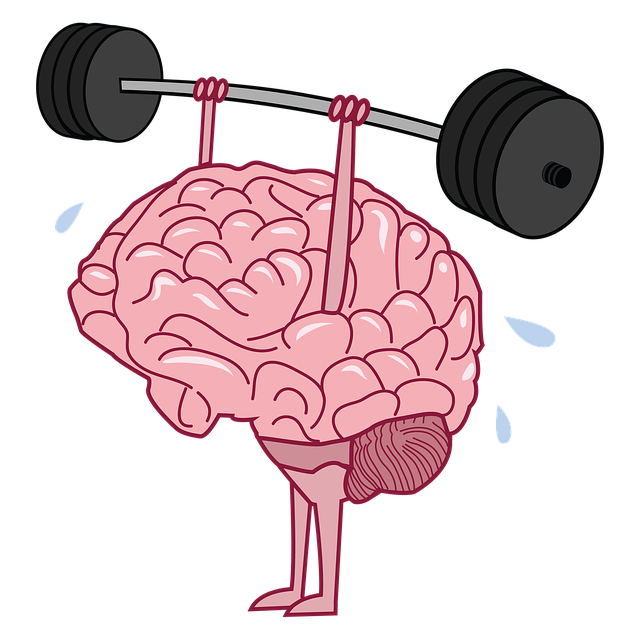Colorado Springs Geriatrics Therapy (CSGT) leverages comprehensive data analysis – encompassing historical records, assessments, outcomes, and patient feedback – to deliver personalized geriatric mental health care. Through trend identification, cultural competency training, and advanced analytics, CSGT tailors interventions for specific populations, enhances treatment outcomes, and promotes independence among seniors. Their holistic approach, combining evidence-based practices with community outreach, improves patient satisfaction and long-term mental health stability, setting a benchmark for geriatric therapy nationwide.
Mental health data analysis is a powerful tool for understanding and improving patient care, especially in geriatric settings. This article explores the critical components of interpreting mental health data, highlighting techniques tailored for geriatric populations. We present a case study focusing on Colorado Springs Geriatrics Therapy, demonstrating how data-driven approaches enhance patient outcomes. Through effective data analysis strategies, healthcare providers can offer more personalized and effective treatment plans, ultimately improving the lives of seniors.
- Understanding Mental Health Data: The Foundation of Analysis
- Techniques for Effective Data Interpretation in Geriatric Care
- Colorado Springs Geriatrics Therapy: A Case Study on Data-Driven Approaches
- Strategies to Enhance Patient Outcomes through Data Analysis
Understanding Mental Health Data: The Foundation of Analysis

Understanding Mental Health Data is the bedrock upon which effective analysis and interpretation stand. In the context of Colorado Springs Geriatrics Therapy, this involves delving into a multifaceted landscape that includes historical records, patient assessments, treatment outcomes, and qualitative feedback. Each data point tells a story—a narrative that can reveal trends, patterns, and unique journeys of recovery. By meticulously collecting and analyzing these data, therapists and researchers can gain profound insights into the effectiveness of various therapeutic approaches, identify areas for improvement, and ultimately refine care strategies.
The process necessitates a holistic perspective, encompassing not just clinical measures but also the intricate emotional healing processes at play. Incorporating feedback from patients through Mental Health Education Programs Design and Stress Management Workshops Organization further enriches the data tapestry. These initiatives provide valuable qualitative information that complements quantitative findings, offering a comprehensive view of mental health care. Such integrated approaches ensure that analysis is not solely data-driven but also deeply informed by the lived experiences of individuals seeking therapy in Colorado Springs.
Techniques for Effective Data Interpretation in Geriatric Care

Effective data interpretation plays a pivotal role in geriatric care, allowing healthcare providers to make informed decisions tailored to each patient’s unique needs. Techniques such as trend analysis and comparative studies enable professionals at Colorado Springs Geriatrics Therapy to identify patterns in mental health data over time, facilitating proactive interventions. By examining changes in symptoms, treatment responses, and quality of life indicators, they can adapt care plans to enhance outcomes.
Moreover, incorporating cultural competency training for healthcare providers is essential. Understanding cultural nuances shapes the interpretation of mental health data, especially when serving diverse populations. This training equips professionals with the skills to assess and address cultural factors influencing symptoms and treatment adherence, ultimately promoting more inclusive and effective geriatric care practices in Colorado Springs and beyond.
Colorado Springs Geriatrics Therapy: A Case Study on Data-Driven Approaches

Colorado Springs Geriatrics Therapy (CSGT) is a shining example of how data-driven approaches can significantly enhance mental health care. By leveraging advanced analytics, CSGT has achieved remarkable outcomes in treating geriatric patients, focusing on both physical and cognitive well-being. The therapy center has developed a comprehensive system to track patient progress, utilizing structured assessments and regular feedback loops. This enables therapists to tailor interventions precisely, addressing individual needs and goals.
Through their community outreach program implementation, CSGT fosters an environment that promotes mental resilience and independence among seniors. By combining evidence-based practices with personalized care, they not only boost confidence but also empower individuals to navigate life’s challenges using mind over matter principles. This holistic approach has led to improved patient satisfaction and long-term mental health stability in the community.
Strategies to Enhance Patient Outcomes through Data Analysis

In the realm of mental health care, data analysis plays a pivotal role in enhancing patient outcomes. By leveraging robust datasets, healthcare professionals in Colorado Springs Geriatrics Therapy can uncover hidden trends and patterns that inform personalized treatment plans. This involves employing advanced statistical techniques to interpret complex data, enabling practitioners to identify specific needs within their patient population. For instance, analyzing trends in mood management across different age groups can reveal unique challenges faced by the elderly, prompting tailored interventions.
Effective strategies to improve patient outcomes include integrating Emotional Well-being Promotion Techniques that leverage data insights. Communication Strategies, a cornerstone of successful therapy, can be optimized through data-driven approaches. By closely monitoring and analyzing patient responses, therapists can adjust their methods in real-time, fostering more meaningful interactions. This dynamic approach ensures that treatment remains not just effective but also engaging, ultimately enhancing the overall mental health and quality of life for individuals seeking care at Colorado Springs Geriatrics Therapy.
Mental health data analysis and interpretation play a pivotal role in enhancing patient outcomes, especially in geriatric care. As demonstrated by the case study on Colorado Springs Geriatrics Therapy, data-driven approaches can revolutionize treatment strategies. By understanding mental health data and employing effective interpretation techniques, healthcare professionals can make informed decisions, tailor interventions, and ultimately improve the lives of elderly patients. Leveraging these strategies ensures that mental health services are not just provided but optimized for maximum impact.


